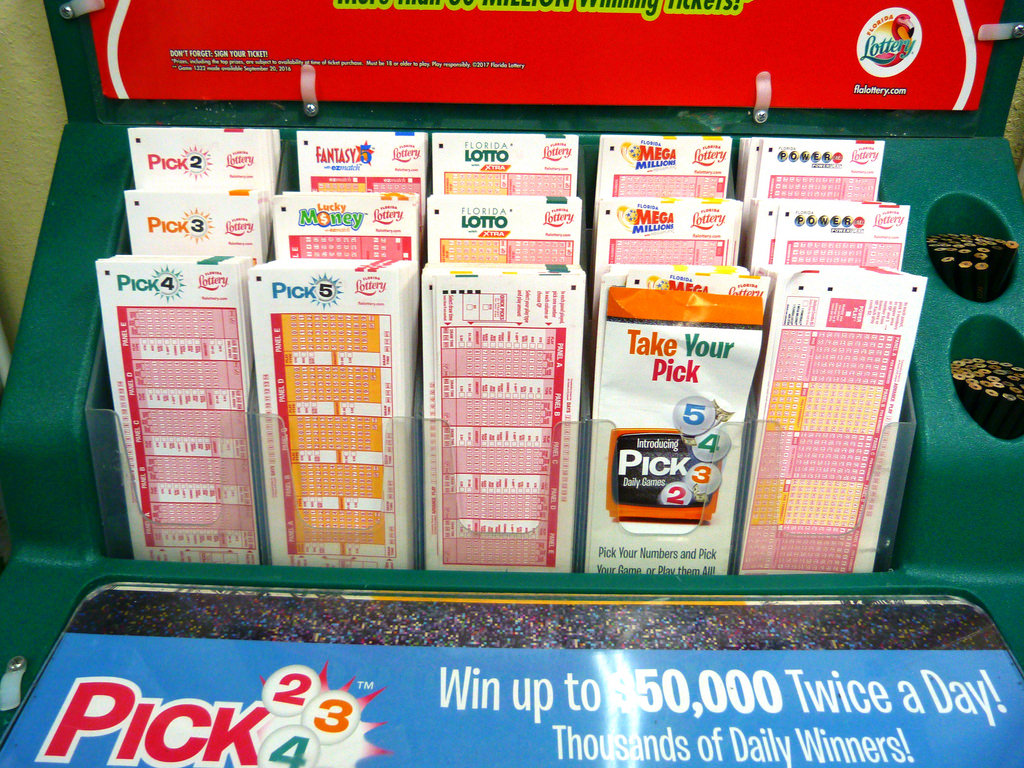Opinion: Odds are against Americans when they play the lottery

Every week, millions of people convince themselves that they will be the lucky ones to defy the odds and win the lottery. When the Powerball and Mega Millions go unclaimed for numerous drawings and the value hits astronomical numbers, thousands more people take their chances on cashing out a ticket.
The lottery, America’s most lucrative form of entertainment, preys on the poor and traps thousands of low-income Americans in a destructive cycle.
In 2016, Americans spent $73.5 billion on lottery tickets, according to CNN Business. In 2014, more money was spent on the lottery than on sports tickets, books, movie tickets, video games and music sales combined.
While those with financial stability can view the lottery as healthy entertainment, many in poverty see it as their avenue to escape the economic hole.
In the 1980s, Duke University reported that people in the lowest third of income buy half of all lottery tickets. John Spry, a professor at the University of St. Thomas in Minnesota reported that three out of four instant scratch-off tickets bought in Minnesota are purchased by people with below average incomes, according to Vox.
Across the nation, Americans who make less than $10,000 annually spend, on average, $597 per year on lottery tickets, nearly 6 percent of their total income.
These people are not playing the lottery for fun or entertainment, but rather because they see a win as the only way to get out of their desperate
financial situation.
One in five Americans see the lottery as the only way they can acquire a significant amount of savings, according to Vox. In the 90s, Duke reported that people earning less than $30,000 are 25 percent more likely to say they buy tickets for money rather than entertainment.

The lottery is fair to everyone, regardless of economic status. Someone making six figures who buys a ticket is no more likely to win than someone who spends their last penny on one. And some will argue that the lottery is worthwhile because in most cases, the revenue generated by states is used to benefit the public-school system.
However, by offering the hope of a life-changing amount of money with such low odds of winning, states are profiting off the desperation of the nation’s poorest.
The vicious cycle is clear. The poor buy lottery tickets because they need to win. The more they buy and lose, the less money they have. The less money they have, the more desperate they become. The more desperate they become, the quicker they are to turn, once again, to the lottery.
So sure, somebody is going to win, and that win will change their life forever. But for the millions who never get lucky, they will continue to take their chances and desperately dig themselves into a financial hole they can
never escape.
